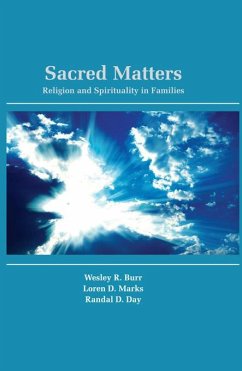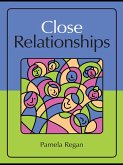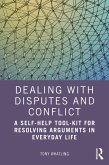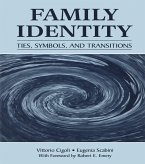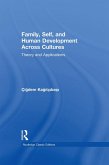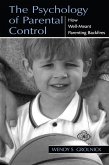Sacred Matters explores the multi-disciplinary literature about the role of religion in family life and provides new research and a new theory about ways various aspects of the sacred are helpful and harmful. The authors hope that their new conceptual framework will stimulate new research and encourage the creation of new intervention programs designed to help families.
Sacred Matters features:
This book raises the bar in creating new theories about family processes and in the integration of theory, research, and application. It begins with a review of the previous literature and then expands the research about sanctification to create a new general theory (or model) about ways sacred processes help and hinder families. Next the authors expand the theory and research about the role of forgiveness, sacrifice, and prayer in families. New theory and research are then added about loving, coping with conflict, dealing with undesirable behavior, generational relationships, morality, and the psychosocial aspects of religion. The authors then describe ways sacred theory can be integrated with other theories and ways it provides new explanations about broader social problems. The book concludes with new quantitative research and suggestions for future research.
Researchers, practitioners, and advanced students in several disciplines will find this volume valuable. It will expand and enrich the reading in graduate and advanced undergraduate courses in areas such as family studies, human development, marriage and family therapy, the psychology of the family and the psychology of religion, the sociology of the family and the sociology of religion, pastoral counseling, anthropology, and social work.
Sacred Matters features:
- a new conceptual framework and theory about how, when, and why sacred matters influence family processes and outcomes
- new qualitative and quantitative research collected in a variety of ways from people with different religious perspectives in different geographical areas
- an expansion in theory and research about the role of forgiveness, sacrifice, prayer, and sanctification in family life
- the integration of studies and issues from psychology, sociology, family studies, anthropology, and religion.
This book raises the bar in creating new theories about family processes and in the integration of theory, research, and application. It begins with a review of the previous literature and then expands the research about sanctification to create a new general theory (or model) about ways sacred processes help and hinder families. Next the authors expand the theory and research about the role of forgiveness, sacrifice, and prayer in families. New theory and research are then added about loving, coping with conflict, dealing with undesirable behavior, generational relationships, morality, and the psychosocial aspects of religion. The authors then describe ways sacred theory can be integrated with other theories and ways it provides new explanations about broader social problems. The book concludes with new quantitative research and suggestions for future research.
Researchers, practitioners, and advanced students in several disciplines will find this volume valuable. It will expand and enrich the reading in graduate and advanced undergraduate courses in areas such as family studies, human development, marriage and family therapy, the psychology of the family and the psychology of religion, the sociology of the family and the sociology of religion, pastoral counseling, anthropology, and social work.
Dieser Download kann aus rechtlichen Gründen nur mit Rechnungsadresse in A, B, BG, CY, CZ, D, DK, EW, E, FIN, F, GR, HR, H, IRL, I, LT, L, LR, M, NL, PL, P, R, S, SLO, SK ausgeliefert werden.

